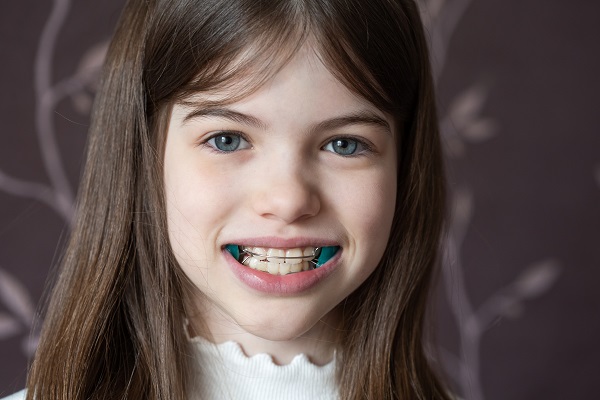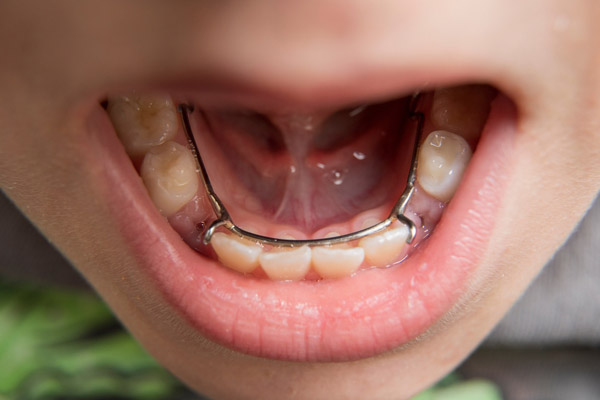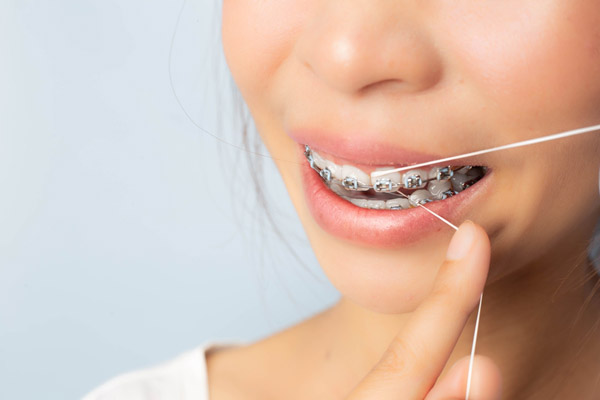Three Common Types of Early Orthodontic Treatment

The primary goal of early orthodontic treatment is to prevent and fix bite misalignments. Several causes, including genetics, the premature loss of primary (baby) teeth, and harmful oral habits (like thumb sucking) may lead to such anomalies. Orthodontic abnormalities might be congenital or occur during early childhood. Straight teeth can reduce the incidence of dental decay and childhood periodontal disease, whereas crooked teeth lower self-esteem and make proper oral hygiene harder. This article covers the three major forms of early orthodontic treatment often recommended by pediatric dentists.
Types of early orthodontic treatment
Your pediatric dentist can use a variety of diagnostic techniques during biannual checkups to evaluate orthodontic anomalies and, if required, adopt early intervention measures. Before reaching eight years old, children should have received their first orthodontic assessment. Three early orthodontic treatments are used by orthodontists, depending on the patient's age.
Phase one treatment (two to six years old)
The goal of early orthodontic treatment is to control and guide the width of both dental arches. The major objective is to provide the permanent teeth ample room to emerge properly. Ideal candidates include children with biting difficulties, premature baby teeth loss, clicking or grinding jaws, and those who breathe via their mouth (instead of nose).
With the phase one treatment, the pediatric dentist works with parents and children to break undesirable oral habits such as thumb sucking and excessive pacifier usage. The dentist may also recommend one of many dental appliances to help encourage jaw growth, preserve the gap for incoming adult teeth (space maintainers), or keep teeth from moving out of their positions.
Phase two orthodontics (six to twelve years)
Phase two orthodontics aims to realign misaligned jaws, repair crossbites, and start the process of gradually correcting mispositioned permanent teeth. The soft and hard tissues of the oral cavity are particularly malleable at this stage of development. In some respects, this is an ideal moment to start treatment for severe malocclusion.
The dentist may recommend a dental appliance for the child at this point. Orthodontic options can be fixed or detachable – braces and aligners are the most popular options. The child will be able to talk, eat, and chew normally, irrespective of the device. Children who have fixed dental appliances, on the other hand, should take special care to clean their oral cavity every day to avoid discoloration, decay, and subsequent aesthetic issues when the treatment ends.
Phase three (adolescents)
Orthodontic therapy is most frequently associated with adolescents' teeth. Straightening permanent teeth and enhancing the cosmetic look of the smile is part of the main objective of adolescent treatment.
Typically, the dentist will place permanent or removable "braces" on the teeth during this time to progressively straighten them. The teenager may need to wear a retainer after completing orthodontic treatment to prevent the teeth from reverting to their original position.
In conclusion
Please contact the dental office to book an appointment if your child is between the ages of seven and eight and it looks like they might need early orthodontic treatment. The pediatric dentist will do an initial examination on your child and discuss the best strategies to help them improve their smile.
Request an appointment here: https://laurinburg.orthoisfun.com or call Henry Orthodontics at (910) 566-0231 for an appointment in our Laurinburg office.
Check out what others are saying about our services on Yelp: Read our Yelp reviews.
Recent Posts
Space maintainers are often thought to only be needed for children; however, that is actually not true. They are provided by orthodontists who treat both children and adult patients. Keep reading to find out when space maintainers may be recommended to help patients ensure future good oral health. Below is a quick overview of when space…
You might not be aware of the cosmetic orthodontic options you have to improve your smile, but cosmetic dental restorations can be used to improve how aligned your teeth look. Some orthodontic treatments also provide cosmetic benefits as they improve the alignment of your teeth.Before going any further, we should clarify the difference between a…
It may be time to consider corrective braces if you live with a misaligned jaw. Jaw misalignments can be a daily stressor for anyone and can interfere with your sleep before leading to other problems. This concern is in addition to chronic headaches or migraines, abnormal tooth wear, vertigo, and tinnitus commonly resulting from a…
Thinking of going for orthodontic treatment but worried about unsightly metal braces? Read on to learn about the advantages of aesthetic braces. For decades, patients had no choice but to straighten their teeth with unsightly braces with metal brackets and wires. This had a tremendous impact on their self-esteem, and many decided to forego braces…


